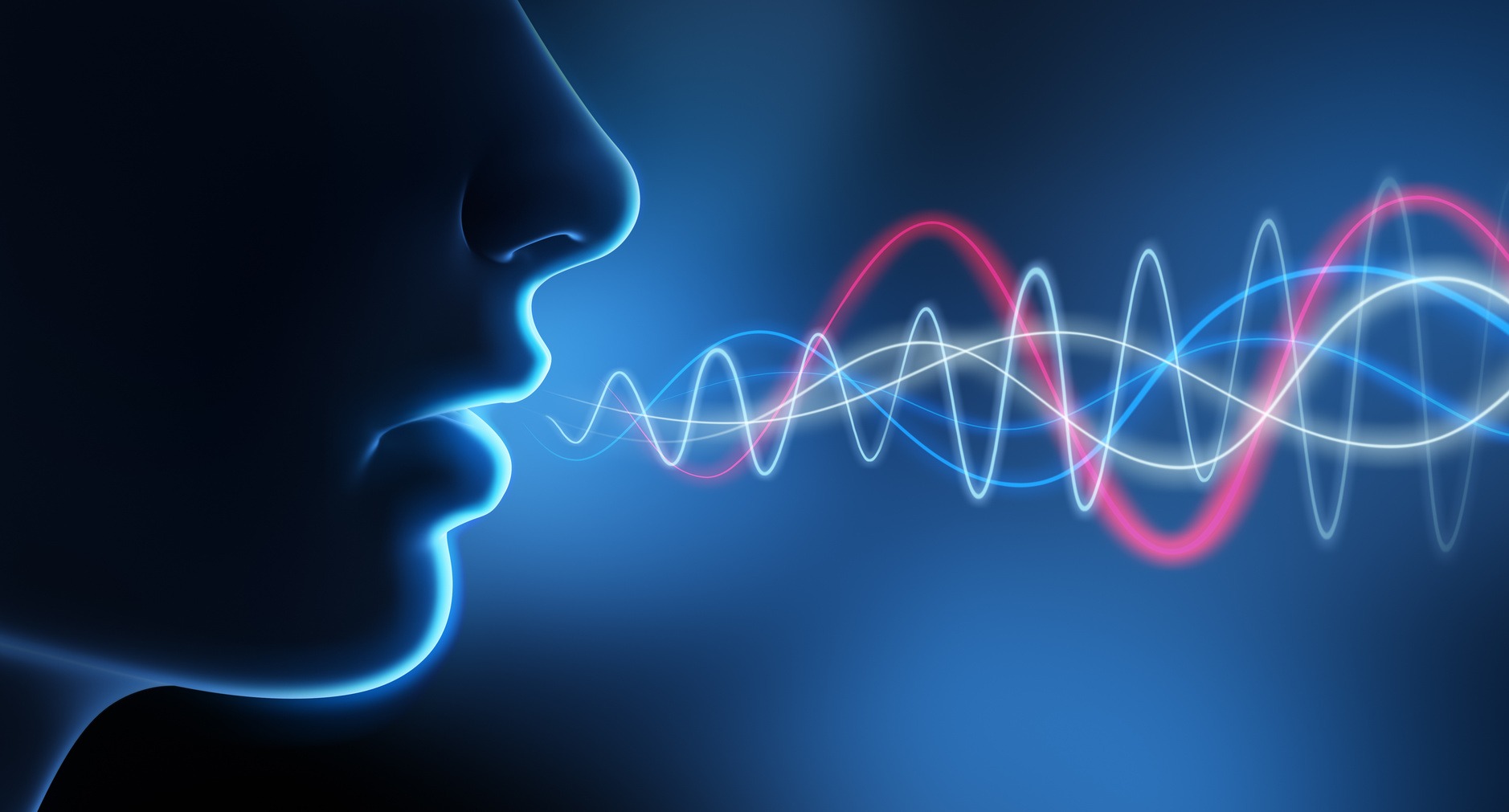 Forget Face ID. The Future of Secure Authentication Is Your Voice
Forget Face ID. The Future of Secure Authentication Is Your Voice
What does your voice really say about you? More than the human brain can even conceive, it turns out. Your voice offers hints about your mood, social status, upbringing, age, ethnicity, weight, height, and facial features—plus information about the environment around you.
The human ear cannot detect these minute inputs. But artificial intelligence? Well, that’s another story.
Software, often learning from those customer service calls “recorded for training purposes,” can now pick up microsignatures in a voice that reveal telling details about the speaker. It’s a concept called “voice profiling,” and in December researchers at Carnegie Mellon University achieved a breakthrough by using artificial intelligence to generate a three-dimensional image of a speaker’s face, simply by analyzing a voice recording. “Your voice is like your DNA or your fingerprint,” says Rita Singh, who leads the research at Carnegie Mellon.
The U.S. Coast Guard is using Carnegie Mellon’s A.I. to build its own criminal cases against prank callers who send crews out on false search-and-rescue missions, which are costly and time-consuming. The agency receives about 150 hoax calls a year. The technology has contributed to a criminal case against one such caller—though it’s unclear whether such voice fingerprinting will hold up in court.
A voiceprint makes it possible for your bank to have fewer security breaches because it knows that you’re you and not your evil twin sister. It also enables your car to recognize you when you slip into the driver’s seat and speak, unlocking secure apps and automatically adjusting the seat and temperature based on your preferences. (BMW, Audi, and Ford (F, +0.49%) are among the many carmakers working the technology with Nuance Communications, a voice technology company in Burlington, Mass.)
“This is the very, very beginning,” says Amy Webb, founder of the Future Today Institute, which researches technology and forecasts future tech trends. “We’re going to see dramatic shifts [in biometric and voice technology] in the next 10 years.”
Singh hopes that her tech could one day help doctors using tele-medicine identify the early onset of conditions like Parkinson’s disease. It’s the tip of the iceberg of possibility. Says Singh: “Just like your DNA defines you, your voice captures your entire persona.”
Source: Fortune

 Forget Face ID. The Future of Secure Authentication Is Your Voice
Forget Face ID. The Future of Secure Authentication Is Your Voice